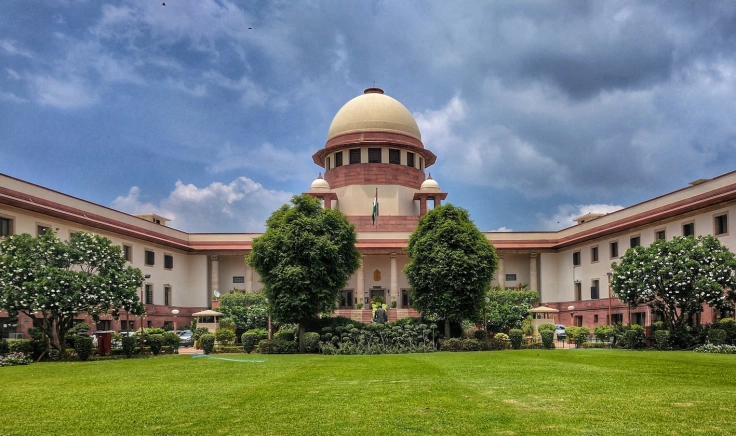Uttarakhand News— In a strong rebuke to the Uttarakhand government, the Supreme Court of India issued a pointed reminder that Chief Ministers are not “kings” and must adhere to constitutional principles in governance and appointments. The apex court’s remark came during a hearing regarding a controversial appointment in the state, which has sparked a legal and political debate.
Background of the Case
The controversy stems from an appointment made by the Pushkar Singh Dhami-led Uttarakhand government, which has been challenged in court for alleged favoritism and bypassing of proper legal procedures. The appointment, seen by many as politically motivated, involved a key government position that critics argue was filled without following the due process outlined by law.
Petitioners raised concerns that the individual appointed lacked the necessary qualifications and that the decision was made based on personal loyalty rather than merit. This prompted the Supreme Court to step in and review the matter, highlighting the broader issue of political appointments across states.
Supreme Court’s Remarks
During the hearing, the Supreme Court strongly criticized the Uttarakhand government, making it clear that Chief Ministers do not have unchecked authority when it comes to governance and appointments. The court remarked that public office is a position of responsibility, and those who hold power must operate within the limits of the Constitution.
The bench, led by Chief Justice of India, stated, “Chief Ministers are not kings. They are public servants and must be accountable to the people and the law.” The court further emphasized that appointments in public offices must be based on merit, transparency, and adherence to established legal frameworks. The Chief Minister’s office, the court said, is bound by constitutional checks and balances, and no one should assume that political power allows for unilateral decision-making without scrutiny.
Legal and Political Implications
The Supreme Court’s sharp remarks have ignited a broader discussion on the role of Chief Ministers and their power in making appointments to key positions in state administrations. The court’s intervention serves as a reminder that political offices, including that of the Chief Minister, are accountable to both the public and the judiciary.
This case has also intensified the ongoing political tussle in Uttarakhand, with opposition parties using the Supreme Court’s comments to question the Dhami government’s governance practices. Leaders from opposition parties have called for an immediate review of all recent appointments and have demanded that the government operate with greater transparency.
On the other hand, the Dhami government has defended the appointment in question, arguing that all procedures were followed and that the person appointed was qualified for the position. However, the Supreme Court’s scrutiny has put pressure on the state administration to justify its decision and prove that no irregularities occurred.
Constitutional Accountability
The court’s remarks come at a time when there has been increasing public debate over the autonomy of state leaders and their responsibilities in governance. By asserting that Chief Ministers are not above the law, the Supreme Court has reinforced the principle of constitutional accountability. It has also sent a clear message to other states where similar allegations of politically motivated appointments have surfaced.
Legal experts have pointed out that this ruling could set a precedent for challenging arbitrary appointments in other states. The focus on merit-based appointments will likely be discussed in future cases, ensuring that political leaders cannot exploit their positions to benefit their close associates without facing legal consequences.

